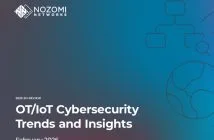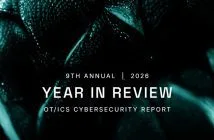
Australian Signals Directorate (ASD) and the Australian National University (ANU) have opened the Co-Lab Honours grant, fusing cutting-edge research with capability.
The Co-Lab brings together ANU academics and ASD’s analysts and technologists to collaborate on research projects and STEM career pathways for students – with Australia’s national security at its centre.
This unique grant program offers $8,000 in funding, empowering exceptional students to focus on unique research projects with real life impact, greatly enhancing their student experience and career opportunities.
Assistant Minister for Defence, The Hon Andrew Hastie MP, said ASD’s mission is to defend Australia from global threats and advance Australia’s national interests.
“ASD achieve their mission by delivering foreign signals intelligence, cyber security and offensive cyber operations,” Assistant Minister Hastie said.
“The cyber battlefield, more than ever, needs those Australians with a rare mix of specialist skills, adaptability and imagination to defend the nation against the most sophisticated adversaries.
“ASD’s technical experts, in conjunction with ANU researchers, will offer 30 Honours students bespoke training, career guidance and mentoring while working on real-world problems in real-world settings.”
The grant program welcomes students who are interested in a career with ASD, with a goal of helping to foster new talent for ASD’s growing, multi-skilled and diverse workforce.
ANU Vice-Chancellor Professor Brian Schmidt said the grant and the Co-Lab collaboration with ASD was another example of the University’s distinct national mission.
“This is a vital initiative as so much our modern society relies on cyber – and the field will only continue to grow,” Professor Schmidt said.
“Our students will work with the country’s leading agency on cybersecurity to help build and secure the future.”
Grants are available to students undertaking a research project during their Honours year that aligns with ASD research interests including the following fields: mathematics; engineering; computer science; linguistics; statistics; psychology; sociology; and languages.





